Prostate issues range from annoying to debilitating, and they affect most men at some point in their lives. The best herbs for prostate health combat age-related enlargement and help reduce the risk for serious conditions. Learn about five effective herbs for prostate health and find a great all-in-one product.
Prostate health continues to be a hot topic in men’s wellness circles because, unfortunately, prostate problems are a prevalent concern. In some cases, certain herbs for prostate health may provide a gentler solution for prostate symptoms and possibly add a layer of prevention.
You May Also Like:
7 Great Superfoods To Bring Out Your Best Physical Health And Mental Sharpness
Prostate conditions and traditional treatments
As part of the male reproductive system, issues with your prostate can cause symptoms such as urinary trouble and sexual dysfunction. Two common conditions are prostatitis and
benign prostatic hyperplasia (BPH). These conditions can cause discomfort, frequent bathroom trips, and sleepless nights. The most serious concern regarding the prostate is prostate cancer.
Prostatitis or prostate inflammation affects between 9% and 16% of men of any age and can be caused by a bacterial infection, though often the cause is unknown. It’s usually treated with antibiotics that kill the bacteria, relieving inflammation and symptoms like pain and frequent urination. Side effects can include nausea, diarrhea, and allergic reactions.
Harvard Health states that “By age 60, half of all men will have an enlarged prostate, a condition also known as benign prostatic hyperplasia or BPH. By age 85, the proportion reaches 90%.” BPH can be treated with medications like alpha-blockers and 5-alpha-reductase inhibitors. Side effects may include dizziness, weakness, or low blood pressure. If medication doesn’t work or the condition is severe, surgery might be recommended to remove part of the prostate to relieve pressure on the urethra, improving urine flow.
According to the American Cancer Society, “Other than skin cancer, prostate cancer is the most common cancer in American men.” They estimate that there will be about 288,300 new cases in 2023. Factors like age, race, family history, and certain genetic changes can influence prostate cancer. However, the exact cause of prostate cancer remains unclear. Treatments can include surgery, radiation, and hormone therapy. The good news is that these treatments are pretty successful, and most men don’t die from prostate cancer if it’s detected via routine screenings and treated in the early stages.
Any of these conditions can significantly impact a man’s life, and fortunately, medical science offers a variety of treatments to help manage them. Yet, perhaps, with improved self-care practices including supplementing with herbs for prostate health, it’s possible that some of these conditions could be avoided or, at the very least, their symptoms could be lessened.

Five key herbs for prostate health
Herbal remedies are all-natural, non-invasive, packed with health benefits, and generally well tolerated with little to no side effects. Five key medicinal herbs can boost prostate health and possibly help prevent issues before they occur.
#1 Saw palmetto
There is promising research on saw palmetto for treating BPH. A 2021 clinical review published in Sage Journals discusses its therapeutic potential and mechanisms of action – specifically its anti-androgenic and anti-inflammatory activity. Saw palmetto extract works by reducing the amount of an enzyme that promotes the growth of prostate cells, thus reducing the size of the prostate gland and relieving urinary symptoms.
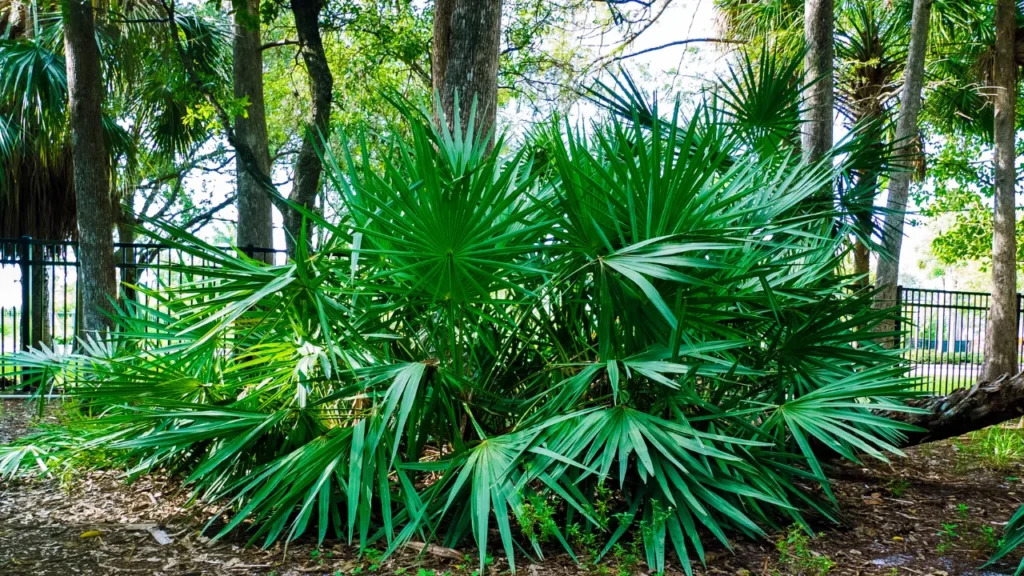
#2 Pygeum
Pygeum, derived from the bark of the African plum tree (Pygeum africanum, also known as Prunus africana), has been used for centuries by the peoples of Africa and Madagascar for general urinary tract problems and to relieve the symptoms of BPH. Pygeum is one of the most well-researched herbs for prostate health and is popular in France, Italy, and the United States for treating BPH symptoms. Evidence in this 2000 clinical review suggests that pygeum significantly improves BPH symptoms and urine flow. Pygeum works by reducing inflammation in the prostate, and it also reduces the proliferation of prostate cells, which can help prevent prostate enlargement.
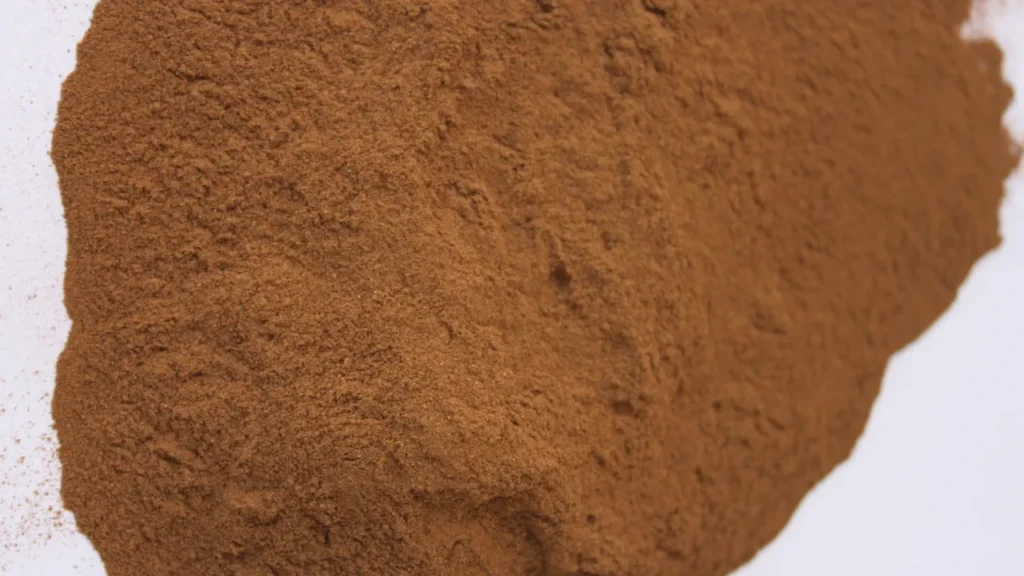
#3 Common Horsetail (Equisetum arvense)
Don’t be fooled by its whimsical name – this herb is a powerhouse! It’s loaded with antioxidants, essential for fighting harmful free radicals in the body. Horsetail battles oxidative stress while supporting overall cell health, including cells in the prostate. Additionally, it’s a diuretic that assists in releasing excess fluids supporting the bladder and the kidneys. The data presented in this 2014 research article explains how horsetail has been used to treat inflammatory disorders.
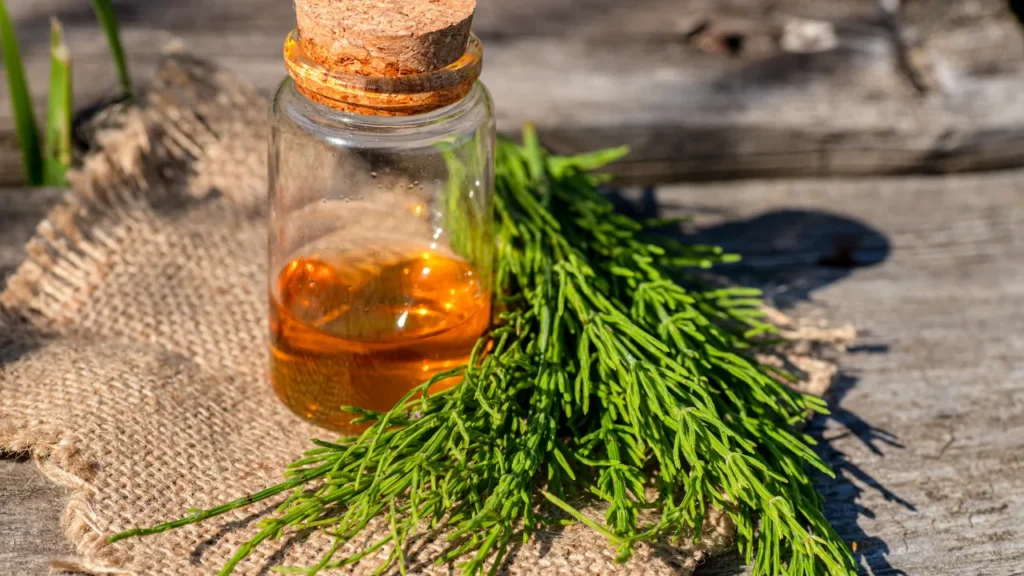
#4 Pumpkin Seed Extract
In this 12-week intervention study (human), Pumpkin Seed Extract (PSE) reduced BPH-related symptoms, including frequent urination during the night and urgency with which participants had to urinate. PSE can also inhibit the production of DHT, a hormone that can cause prostate enlargement, thus helping to protect against BPH. More recently, this 2022 article discusses the positive effect of PSE on lower urinary tract symptoms and BPH.
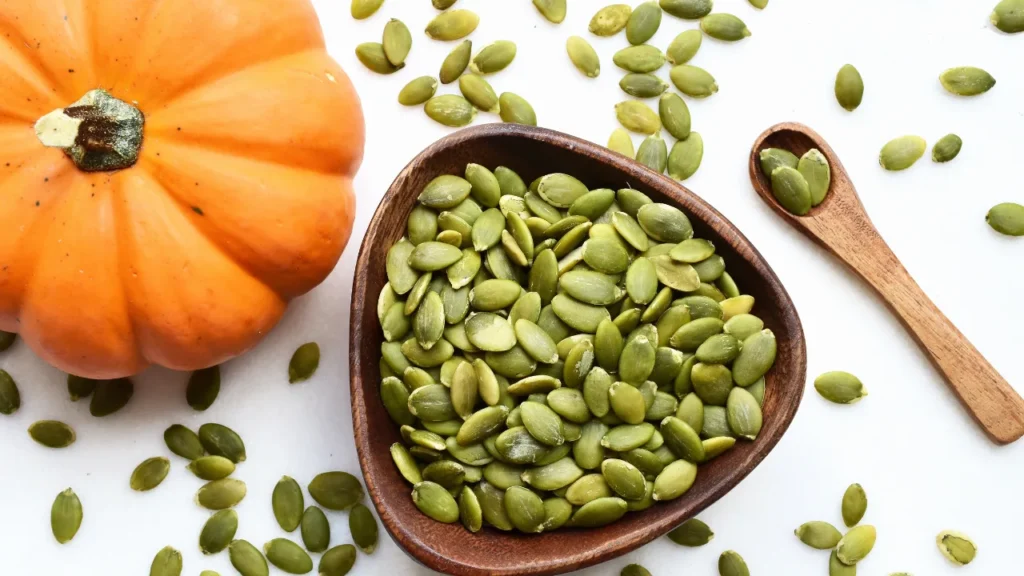
#5 Marshmallow Root – Althaea officinalis
Marshmallow root has strong anti-inflammatory properties. It helps to soothe irritation and inflammation in the body’s tissues, including the prostate, offering relief from discomfort and reducing symptoms associated with prostate issues. Marshmallow root’s anti-inflammatory benefits are shown to be as effective as steroids (without side effects) in this human study on treating atopic eczema.
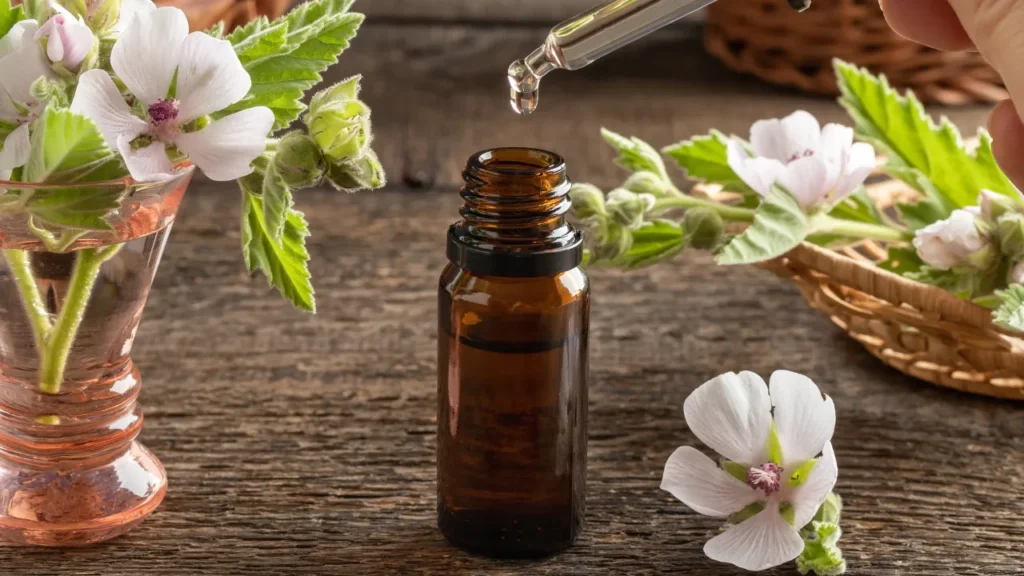
EnerHealth Botanicals harnesses the potent power of herbs for prostate health.
Since 2005 EnerHealth Botanicals has been sourcing top-quality ingredients and employing top-notch manufacturing practices to create an impressive line of botanical health products. Founder & CEO Steve St. Clair believes that “Cutting corners on quality doesn’t serve the company or the customer.” He’s been a self-described “health nut” since age 16. He says he left the corporate grind because “I wanted to do something to help create a healthier human being.”
In 2016 EnerHealth began using an alternative processing technique called the Spagyric Process – an ancient technique with modern upgrades that produces a genuine whole plant extract.
Their Prostate Health Herbal tincture is a star-studded ensemble of the five key herbs for prostate health: saw palmetto, pygeum bark, horsetail herb, pumpkin seed, and marshmallow root. It’s like assembling a botanical Allstar team to protect and support your prostate health.
Using herbs for prostate health
We’ve explored the potent effects of five key herbs for prostate health: Saw Palmetto, Pygeum, Horsetail, Pumpkin Seed, and Marshmallow Root. Each carries its unique set of benefits, acting as an ally in the quest for optimum prostate health. Fighting inflammation, aiding urinary flow, and even reducing prostate cell proliferation, these five herbs embody nature’s natural wisdom in transforming men’s wellness. Integrating these herbs into a lifestyle focused on balanced nutrition, regular exercise, and mindful self-care can contribute significantly to prostate health. Remember, every step toward a healthier you is a step toward a healthier prostate.

For further research:
Ancient Origins – Spagyric Secrets of The Alchemists: Alchemy as Alternative Medicine
Research Gate – Equisetum arvense: Pharmacology and phytochemistry – a review
NCI – Understanding Prostate Changes
Harvard Health – Prostate Health
Kaiser Permanente – Enlarged Prostate: Herbal Therapy
Important Note: The information contained in this article is for general informational purposes only, and should not be construed as health or medical advice, nor is it intended to diagnose, prevent, treat, or cure any disease or health condition. Before embarking on any diet, fitness regimen, or program of nutritional supplementation, it is advisable to consult your healthcare professional in order to determine its safety and probable efficacy in terms of your individual state of health.
Regarding Nutritional Supplements Or Other Non-Prescription Health Products: If any nutritional supplements or other non-prescription health products are mentioned in the foregoing article, any claims or statements made about them have not been evaluated by the U.S. Food and Drug Administration, and such nutritional supplements or other health products are not intended to diagnose, treat, cure, or prevent any disease.

